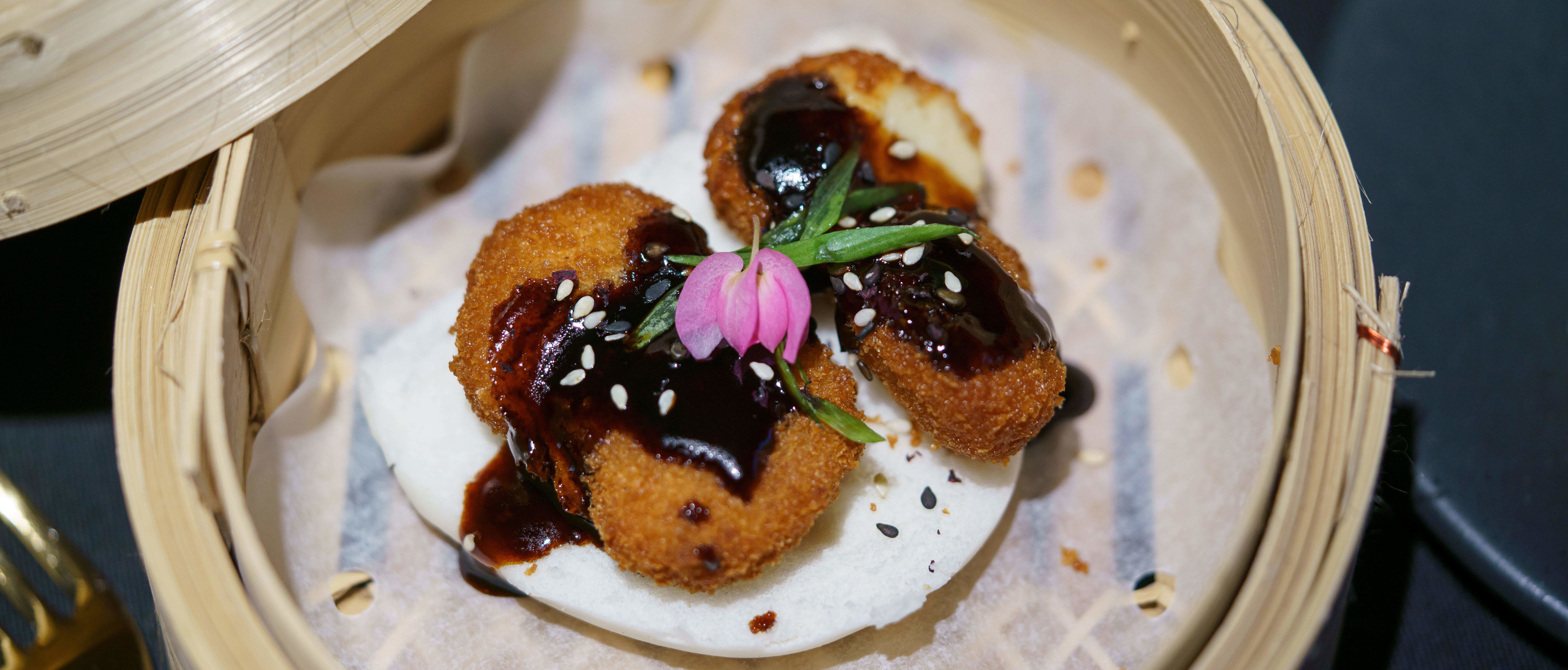Federal regulators approved Wednesday the sale of cell-cultivated chicken by two California-based food technology companies in a first-of-its-kind step in the country.
The U.S. Department of Agriculture (USDA) approved Upside Foods and Good Meat, opening up a novel pathway towards a more eco-friendly approach to meat cultivation, according to The Associated Press (AP). Global livestock farming accounts for 14.5 percent of global greenhouse gas emissions, per the United Nations Food and Agriculture Organization.
The USDA worked closely with the US Food and Drug Administration (FDA) in the buildup to the approval, per an FDA press announcement. The two Bay Area companies are rivals, according to the TIME news report. The FDA pre-market safety consultation letters to Upside Food and Good Meat appear to corroborate that, as the two companies had been working separately towards securing the approval.
The U.S. is the second country in the world to approve the sale of cell-cultivated chicken, according to TIME. Singapore became the first having approved Good Meat’s parent company, Eat Just, to market cell-cultivated chicken in the city-state, per CNN. (RELATED: ‘Real’ Meat Grown In Steel Vats Served At UN Climate Conference)

Nuggets made from lab-grown chicken meat are displayed during a media presentation in Singapore, the first country to allow the sale of meat created without slaughtering any animals, on December 22, 2020. (Photo by NICHOLAS YEO/AFP via Getty Images)
Scientists produce cell-cultivated meat by first harvesting cells from the tissue of an animal or fish in a way that does not permanently harm or kill the animal, per the USDA-Food Safety and Inspection Service (USDA-FSIS). They then screen and grow the cells into a cell bank, out of which they further select and nurture the cells in a reactor under tightly controlled conditions into cellular material with the characteristics of muscle, fat, or connective tissue cells, according to the USDA-FSIS. The cellular material can be harvested from the controlled environment and prepared using conventional food processing and packaging methods, the USDA-FSIS stated.
Upside will serve the new food first in a San Francisco restaurant called Bar Crenn, while Good Meat dishes will be served at a Washington, D.C., restaurant run by chef and owner Jose Andrés, according to The AP. Rollout will be gradual as the product will be initially expensive but may reach price parity with conventional chicken within five to 15 years with increased production, TIME reported.


